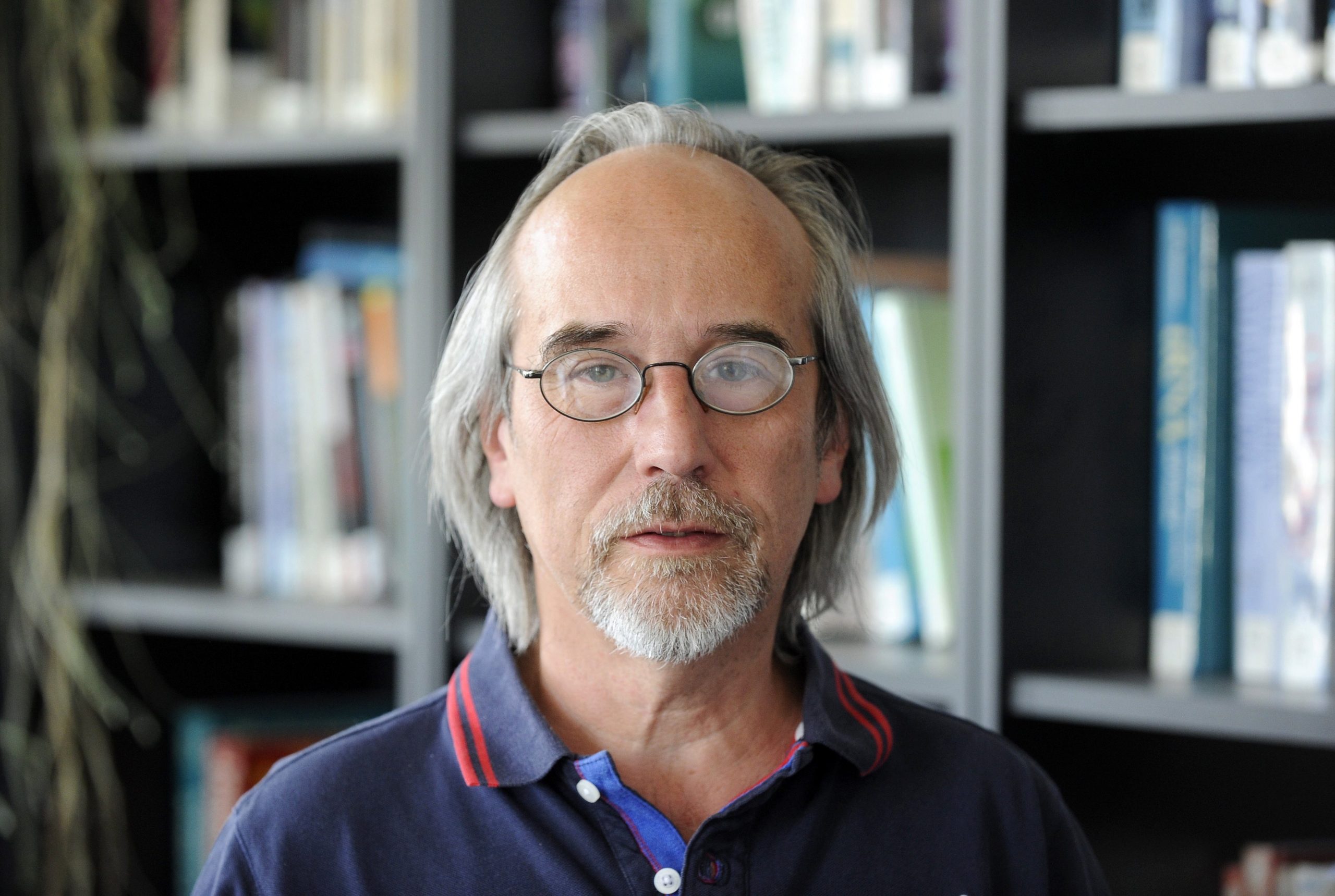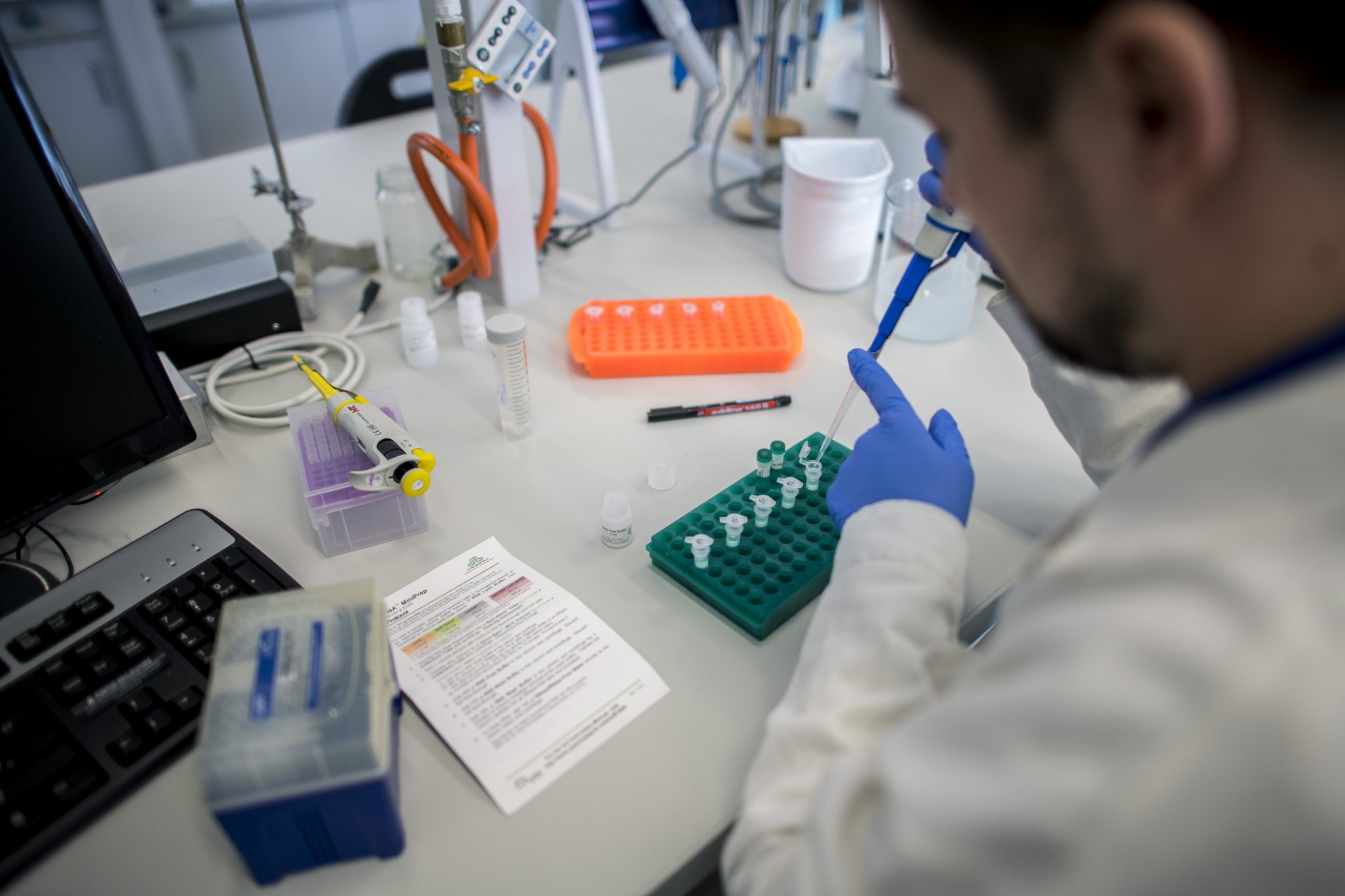
Szathmáry called his election to the board "a clear recognition of Hungary's scientific community", noting that a small number of countries are represented in the body.Continue reading

Groundbreaking steps are being taken in the research of an anti-parasitic vaccine developed by a team under the leadership of a Hungarian scientist at the University of Queensland. István Tóth, a professor and chairman at the University’s School of Chemistry and Molecular Biosciences, is confident that the vaccine will be able to provide far better protection against the fatal hookworm than anything to date.
The vaccine produced by István Tóth’s team at the University of Queensland is expected to be twice as effective against hookworm infections than treatments that are currently available. It is also projected to be the cheapest and easiest treatment against the parasite. Laboratory tests conducted on mice showed that the vaccine reduced hookworm levels by 94 percent. Currently available treatments can only provide a 30-50 percent reduction.”
Not only is the vaccine more effective, Tóth explained, but it is easily accessible for developing countries as well.
Our vaccine candidate can be orally self-administered, bypassing the need for trained medical staff, and means there’s no requirement for special storage, enabling it to reach large, isolated populations. Vaccination can be carried out at a significantly reduced cost, which not only improves the health of those affected and at high risk, but also helps improve economic growth in disease-endemic areas.”
Millions of people are at risk of being infected with some variant of the hookworm parasite, primarily in tropical and subtropical areas located in various parts of sub-Saharan Africa, America, China, and East Asia. According to a Stanford University study, the parasite not only accounts for 65 thousand deaths every year, but can also impact the development of children and, in certain cases, it can cause miscarriages.
Tóth explained that the development of the vaccine was not a priority due to the coronavirus pandemic, but that him and his team are looking forward to moving on to human trials.
Featured photo illustration by Tamás Sóki/MTI